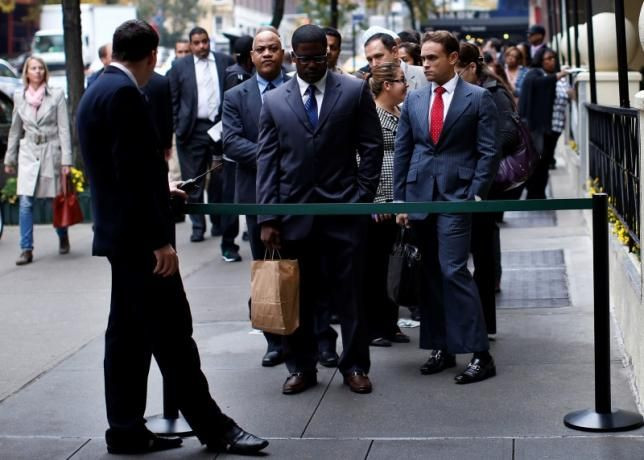Coronavirus Economic Toll: Household Financial Picture Now Much Different From Six Months Ago

KEY POINTS
- Survey indicates 20% of adults lost jobs in March
- 18% worry they won't be able to cover their April bills
- More than a third have dipped into emergency savings
A report on household well-being issued by the Federal Reserve Thursday indicated nearly one-in-five U.S. adults lost a job or had their hours reduced in March as a result of the coronavirus pandemic and 18% said they didn’t think they’d be able to pay all their bills in April.
The survey for the “Report on the Economic Well-Being of U.S. Households in 2019” was originally conducted in October and queried 12,000 adults, before the coronavirus pandemic hit. It was supplemented with a survey conducted April 3-6 of 1,000 adults to assess the impact of the virus that has virtually paralyzed the country, killing 85,000 Americans as of early afternoon Thursday.
“For many families, financial circumstances in 2020 look very different than they did in late 2019 when the [information] was fielded,” the report said.
“Drawing on both surveys, the latest ‘Report on the Economic Well-Being of U.S. Households’ finds declines in overall economic well-being between the fall of 2019 and April 2020, concentrated among those who experienced employment disruptions in March,” the Fed said in an accompanying video.
The survey found half of those who had lost their jobs saw their financial troubles increase. The supplemental survey indicated 13% of adults said they had lost their jobs and an additional 6% said their hours had been cut. Overall, 23% said their income had declined from February to March and 18% said they didn’t think they’d be able to cover their April bills.
The Labor Department reported Thursday nearly 3 million more Americans had applied to unemployment benefits last week, bringing to more than 36 million the number who have applied since mid-March.
A survey released Wednesday by Bankrate.com indicated 36% of households whose incomes have been reduced by the pandemic said they had dipped into emergency savings.
“The pandemic is deepening the financial hardship for millions of Americans, with nearly one-third of households reporting lower income since the start,” Bankrate.com chief financial analyst Greg McBride, said. “The financial legacy of this pandemic will be elevated unemployment, reduced household incomes, more debt and even less savings.”
More than 90% of those who lost a job were told not to expect to return to the same job, the Fed report said.
Education was the main determinant in whether people would be able to do their jobs from home. The survey indicated 63% of those with a four-year college degree were able to work from home. Sixty-seven percent of those who never attended college and 60% of those with two-year degrees worked entirely outside their homes.
When it comes to retirement, 74% said they claimed benefits before the age of 65, many because of “unanticipated life events,” many involving health or layoffs. Of those still working, many worried their retirement savings were not on track.
© Copyright IBTimes 2025. All rights reserved.






















